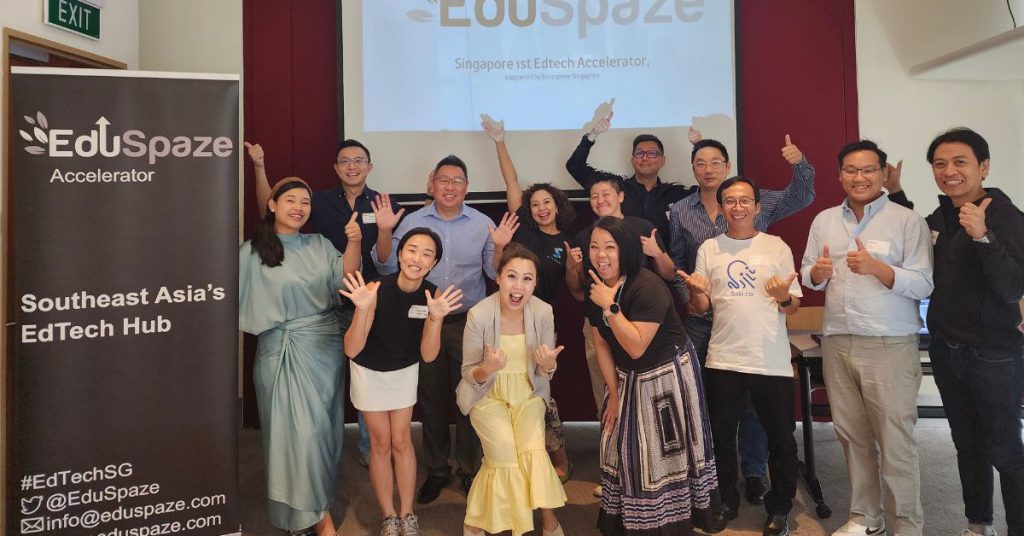It hasn’t even been a decade yet since I bid goodbye to academia, but the landscape I left is so different from what we have today.
The way we learn has dramatically shifted with the implementation of technology in education, but there’s still a way to go before we hit optimal efficiency.
Enter EduSpaze, a Singaporean edtech accelerator launched in 2019 and operating under the umbrella of Spaze Ventures, a prominent seed capital firm and startup incubator. It’s also supported by Enterprise Singapore, the enterprise development agency.
Thus far, it has worked with seven cohorts, supporting the development of innovative solutions that can improve the education landscape in Singapore and its region.
Now, it has announced its eighth cohort of early-stage startups across SEA who will proceed to take part in its three-month accelerator programme.
Here’s who the startups are, and what they do.
1. Safe Space

Founded in 2017 in Singapore, Safe Space is a B2B2C digital mental health ecosystem partner that has found over 100 international clients spanning APAC (Asia Pacific), EMEA (Europe, Middle East, and Africa), and ANZ (Australia and New Zealand).
Catering to the higher ed and corporate sectors, it provides high quality mental health therapy care online and offline, and these services are available in 30 different languages.
Patients and therapists are able to connect quickly, and patients can easily book appointments and courses of treatment anytime, anywhere.
Additionally, they offer preventive education and a customised Employee Assistance Program (EAP) that is not just hyper-local, but also globally scalable.
It’s a very relevant business, as there is still much work to be done in order to break the stigmas surrounding mental health in SEA.
2. School on Cloud (SOC)
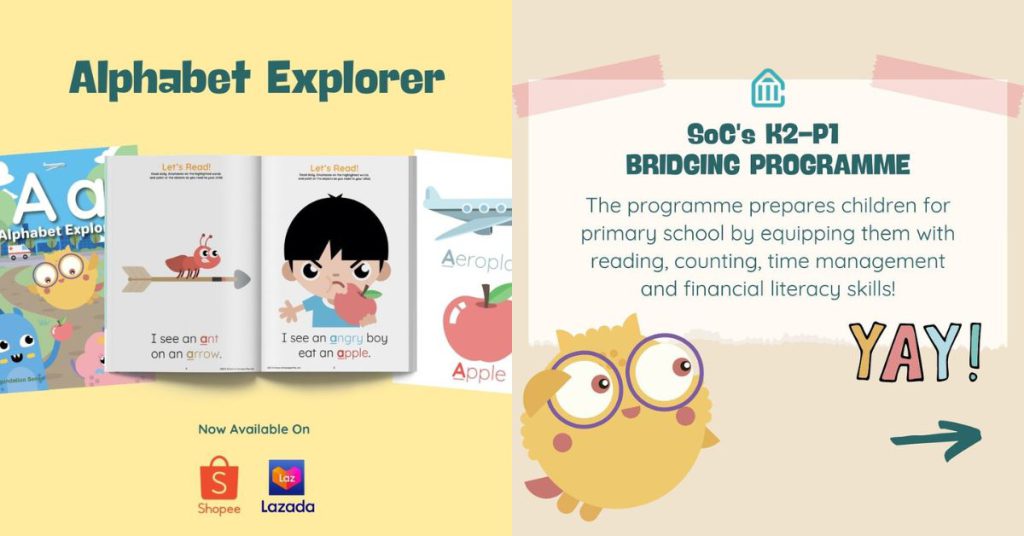
SOC’s aim is to transform education by offering personalised and inclusive learning experiences for the Pre-K crowd, in line with Sustainable Development Goal 4 (SDG 4), Quality Education.
What it brings to the table is an innovative suite of learner-centred products, such as FunBooks, an interactive online portal featuring e-storybooks and learning videos.
It also has mobile apps such as The Alphabet Explorer, which uses AR (augmented reality) and voice recognition to promote early literacy.
Meanwhile, another offering, Discovery Play, uses interactive games to help learners identify their optimal learning style.
These apps contribute to the development of genAI, currently at V1.0, which is adaptable software intended for integration into various platforms, and in this case, to make personalised learning accessible to all.
SOC, which was founded in 2021 in Singapore, is active locally, as well as in Vietnam and Malaysia.
3. Edvance
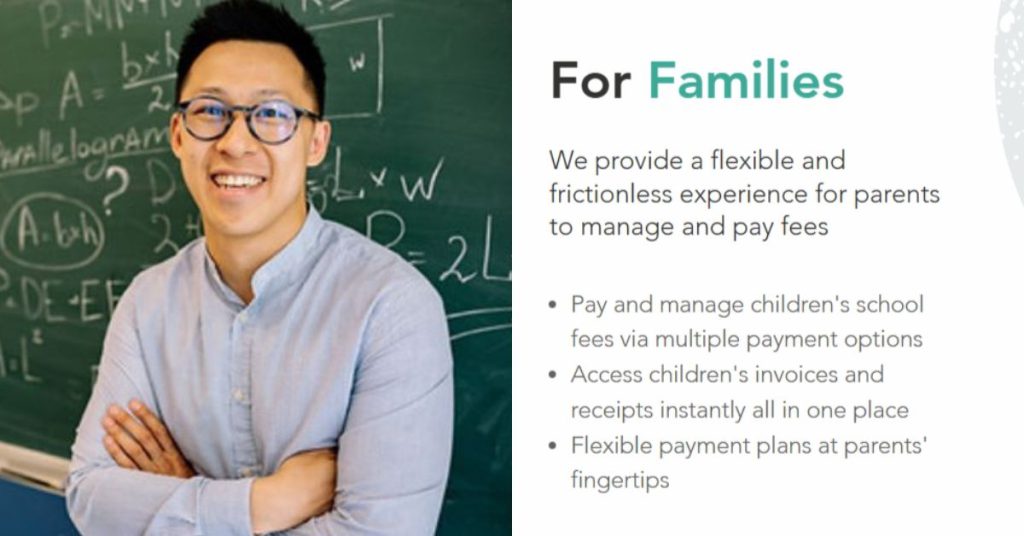
Founded in 2022 and targeting private schools, Edvance is a Malaysian fintech company that focuses on digitising school operations and offering streamlined financing solutions to low to mid-tier private schools and parents in the region.
The company’s mission revolves around eliminating the financial management challenges faced by schools through services such as invoice-based lending solutions. This enables the schools to prioritise learning and teaching.
Their other services include school management systems such as fee collections, billing, and classroom scheduling.
4. YAHO Lab
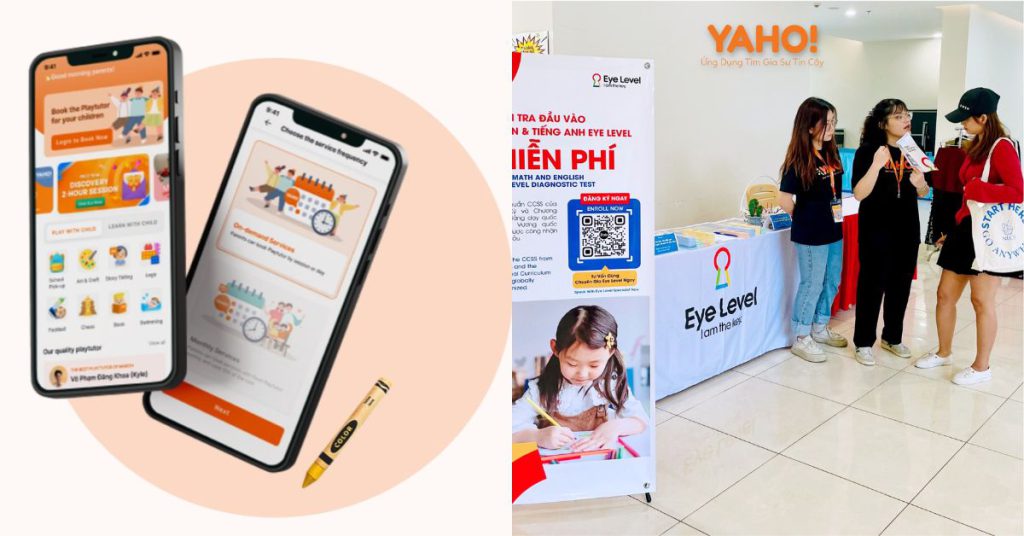
YAHO Lab was established in South Korea, but opened its headquarters in Vietnam in 2021 to innovate the way children aged 2 to 12 learn.
A tutor and class matching platform, it connects parents with verified and trained tutors for in-home services within 24 hours.
In order to ensure good matches, the startup considers the child’s age, personality, interests, and individual requirements.
To date, the app is available in 20 countries and the company reports having over 30,000 customers in Vietnam alone.
5. Quippy
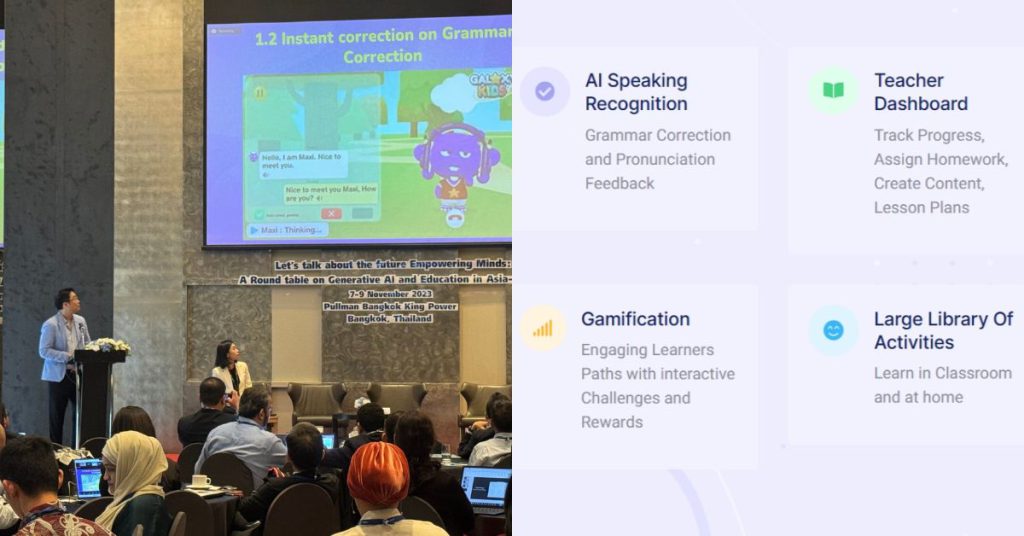
Headquartered in Hong Kong with offices in Thailand too, Quippy is an AI-based platform for learning Chinese speaking skills.
It’s designed for K12 students, aiming to make learning Chinese more accessible and engaging by using AI technology.
It challenges students with comprehension tasks aligned with HSK standards. HSK stands for Hanyu Shuiping Kaoshi ( 汉语水平考试 ) or “Mandarin Level Exam”, and is an internationally recognised standard for assessing the Chinese language level of non-native speakers.
Students using Quippy can expect to learn over 3,250 words that grow in complexity, and can benefit from the app’s speech recognition system too. All in all, the app aims to help students pass the HSK exam and qualify for college in China.
6. SALA
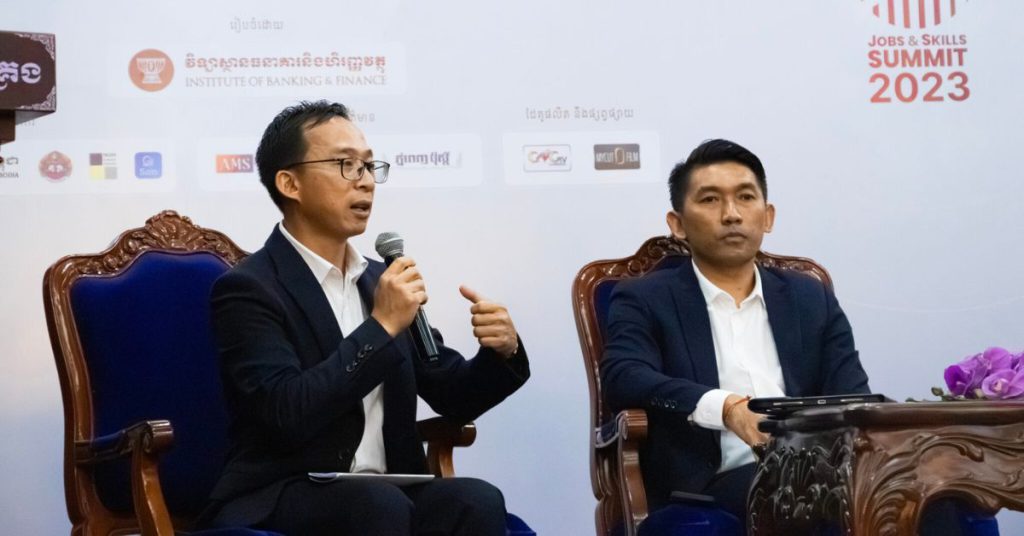
Created for higher ed and university students, SALA from Cambodia is a two-sided marketplace for highschool students and institutions to connect.
It enables students to find their path by giving them access to advice, guidance, deals, information, and networks to make studying an enjoyable experience.
For institutions, SALA provides them with a way to engage more students through its school management suite.
It was founded in 2019, and currently concentrates on the Cambodian market.
-//-
According to EduSpaze, these startups were meticulously selected due to their high market potential and scalability, strong founding team, and clear value proposition while displaying great potential.
Through the accelerator, they will be receiving seed funding and mentorship from industry experts, access to a network of investors, and opportunities to expand their businesses in the region.
Expanding upon how it works, Alex Ng, Managing Director of EduSpaze, told Vulcan Post that their three-month accelerator programme includes three major phases, product strengthening, market testing, and fundraising.
The programme is customised for each startup, and Alex shared that this kicks in during phase 2 (market testing) onwards. “In phase 2, the type of network, schools, contacts and partners that each team prefers to meet can be customised and curated accordingly. In phase 3, the fundraising strategy will be based on the respective team’s growth, stages and future plans.”
“To put it into perspective, a customised example would be EduSpaze connecting the two different teams from the same cohort to different partners—a university admission platform to universities and international schools, while a startup working on a genetic toolkit will be connected to pre-schools.”
This is done so that EduSpaze can preserve the diversity and uniqueness of the startups in each cohort.
The startups can then better address the varying challenges across the Southeast Asian region, because as Alex pointed out, “This region comprises diverse countries, each with its own distinct characteristics and obstacles despite their geographical proximity.”
Featured Image Credit: EduSpaze


